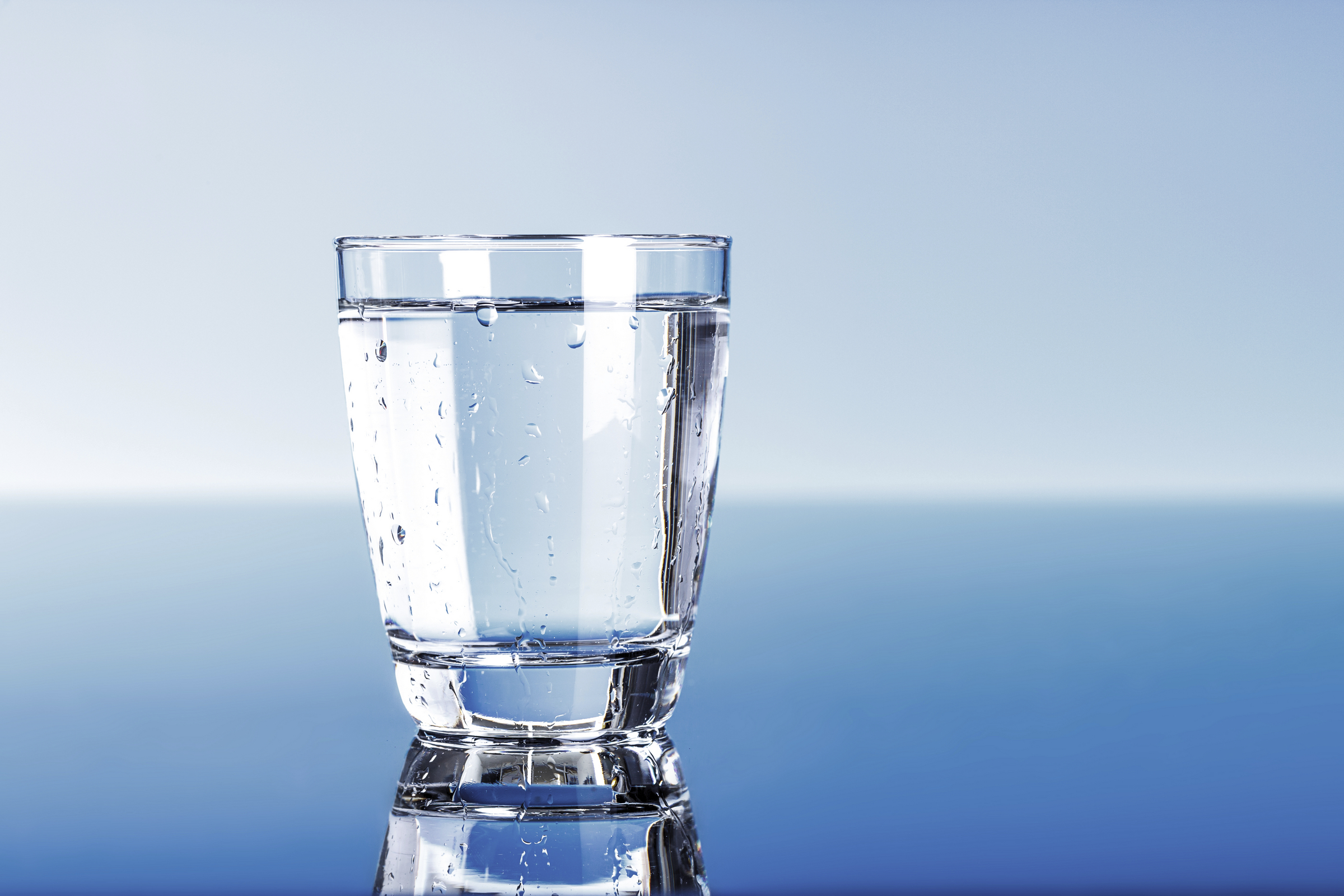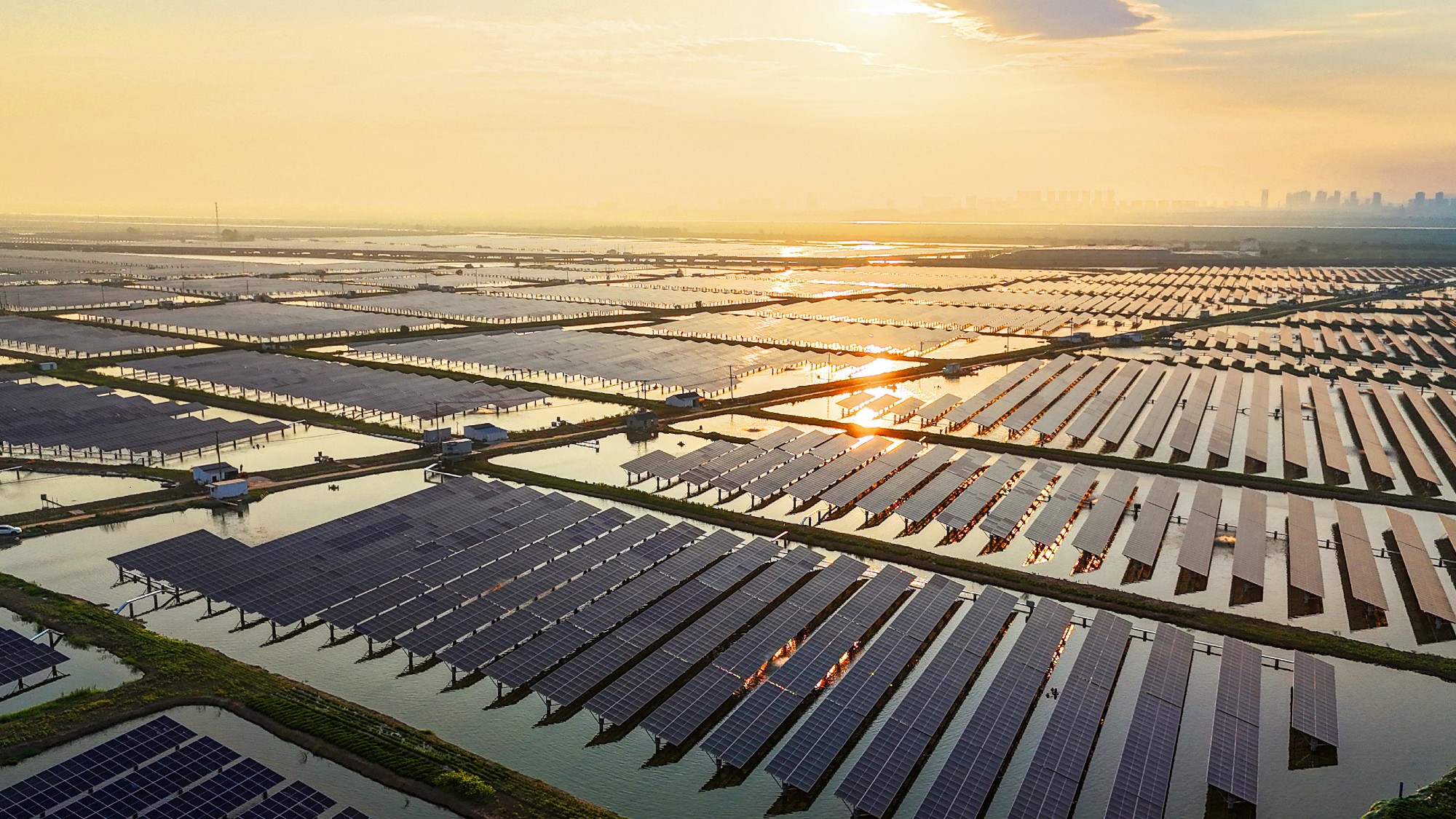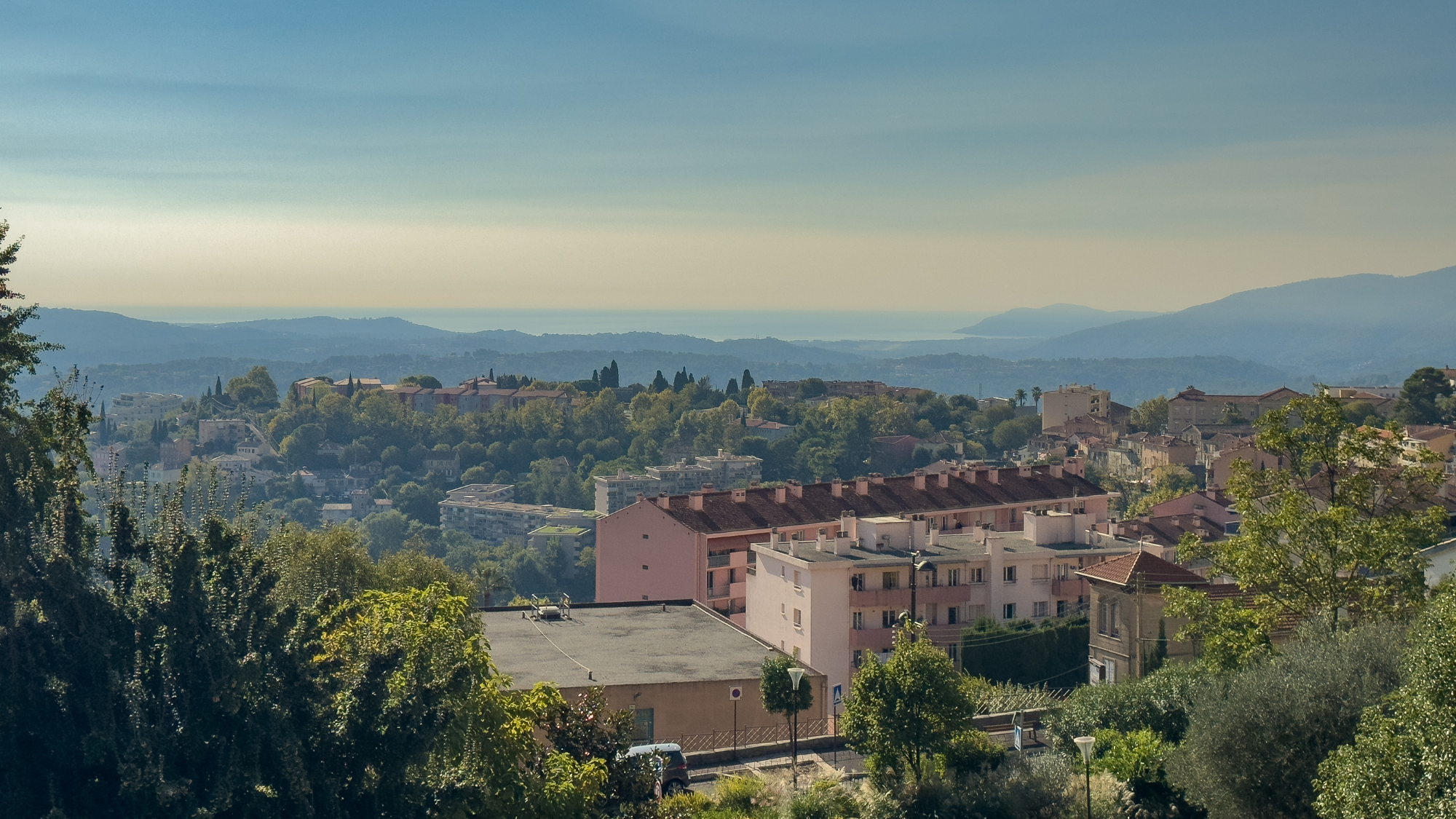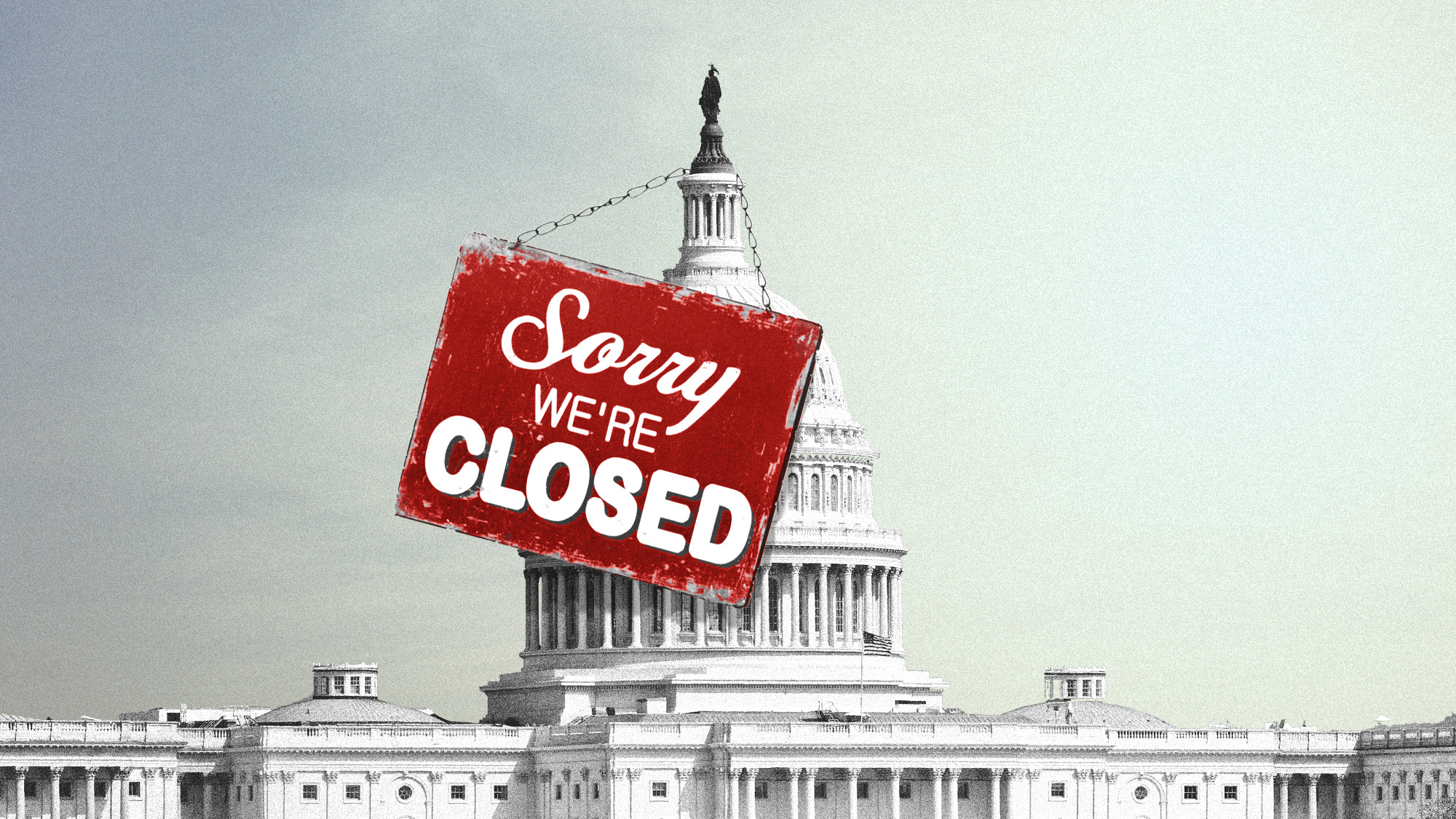Inside the world's most prestigious water-tasting competition
Judges at the "Oscars of water" sip and sniff dozens of samples to find the world's best H2O

ARTHUR VON WIESENBERGER'S graying hair was combed behind his ears, and his yellow tie matched his gleaming gold cuff links. With a practiced, calm authority befitting his baronial name (his grandfather was an Austrian aide-de-camp), von Wiesenberger looked out at the 10 men and women seated in front of him and explained the day's mission to us.
"We're here today to determine what tastes good in water," he said.
We were gathered in the most resplendent venue in Berkeley Springs, West Virginia, population 613: the Parkview Garden Room of the town's Country Inn. As von Wiesenberger spoke, hotel employees were stringing LED globes along the low-ceilinged banquet hall's rafters, preparing for the 25th annual Berkeley Springs International Water Tasting. This is the so-called Oscars of water.
The Week
Escape your echo chamber. Get the facts behind the news, plus analysis from multiple perspectives.

Sign up for The Week's Free Newsletters
From our morning news briefing to a weekly Good News Newsletter, get the best of The Week delivered directly to your inbox.
From our morning news briefing to a weekly Good News Newsletter, get the best of The Week delivered directly to your inbox.
Von Wiesenberger, the foremost bottled water expert on Earth and author of multiple books on the subject, has served as watermaster since the event's inception, and he was attending to his most essential duty of the weekend: training the panel of judges who would soon perform a blind taste test to choose the best waters from a field of 84.
There are industry awards that honor all varieties of food and beverages, but no other event has focused solely on water for such a long time. It costs only $40 plus shipping fees to submit a water for competition, but a gold medal at Berkeley Springs is a point of pride for any company that achieves it.
That's why, sitting on my padded conference chair and listening to my watermaster's instruction, I felt like a fraud. Most days water is something I barely acknowledge; it's there to be gulped, boiled, and flushed. But I needn't have worried. Even more than an industry benchmark, the Berkeley Springs International Water Tasting is designed as a tourist boon, and the only prerequisite for judgeship is enthusiasm — or a byline.
Nearly all of the other panelists were fellow members of the media, selected by the promoters to ensure the greatest possible coverage. About half our group had served as judges before. But as setup continued, von Wiesenberger administered a proper training, if only to ensure that we exuded the proper gravitas for the occasion.
A free daily email with the biggest news stories of the day – and the best features from TheWeek.com
"You'll be sitting over there," he said, gesturing to two linen-covered tables under stage lights at the far end of the room. "The pourers will come by and give you each water in the right numbered glass. Hold the glass up, take a look for any impurities, anything floating. Now bring the glass to your nose and take a deep breath — what do you smell? Maybe it's chlorine, or plastic. Then take a sip, and keep the water in your mouth. How does it feel on the tongue? Is it harsh or soft? Fresh or bland? As you swallow it, is it refreshing — making you thirsty for more — or does it have a lingering residue?"
Behind von Wiesenberger, on a small dance floor in front of the judges' tables, hundreds of the competing bottles were arranged in a flowing, multilevel sculpture. This year's entries included commercial and tap waters from South Korea, New Zealand, Bosnia, and Quebec, as well as domestic products ranging from Berkeley Springs' own supply to samples from rural California. The competing brand names all sounded either parodically natural — Cedar Springs, Misty Mountain, Eldorado — or shamelessly luxurious — Selini Signature Edition Ultra Premium Quality, Otakiri Reserve.
Bottled water is poised to overtake soda as America's foremost commercial drink within the next year. Americans drank 10.9 billion gallons of it in 2014, a 7.3 percent increase over 2013. While plenty of that belongs to soda-company behemoths like Aquafina and Dasani, the artisanal market is growing as well, and Berkeley Springs offers an annual chance for smaller companies to garner an otherwise unattainable level of industry recognition and respect.
TRAVEL BERKELEY SPRINGS, the local tourism bureau, decided in 1991 that they needed some kind of annual water festival in order to capitalize on the town's namesake natural fountains. What started as a whim then grew, almost inadvertently, into one of the most prestigious events of the $360 billion water industry. And that means Berkeley Springs, all 0.34 square miles of it, has become one of the industry's most important locations.
The Saturday competition was arranged in four "flights": municipal, purified, bottled, and sparkling. As we had been prepped by email in the weeks prior, the latter two flights, featuring the bulk of the global, prestige-seeking brands, would be held at night after a larger crowd had assembled.
The afternoon flights highlighted the less glamorous products. "Municipal" is simple tap water, from towns and cities like Abbotsford, British Columbia, and Montpelier, Ohio, looking for a point of civic pride. (Montpelier, a three-time champion, hangs a "Home of the World's Best Municipal Drinking Water" sign outside its water treatment facility.)
Just before 2:30 p.m., the judges and I took our seats. Before the scattered, quiet crowd, a dramatically tall and expressive woman walked onto the stage.
"Well, it's the opposite of warm," announced Water Tasting co-founder Jill Klein Rone, pointing to the windows, where we could see snow falling on this February day. "But there's so much warmth in this room." One by one she introduced us with a hammy gratitude that reflected her four-decade career as a traveling performer.
"And just like we say every year," said Klein Rone, "let the waters flow!" The pourers marched out emotionlessly and offered up the municipal flight from unmarked carafes.
I held the first glass up to the lights, searching for any distinguishing characteristic. Alas, it looked like water. I stuck my nose in and sniffed embarrassedly. I smelled a weak hint of chlorine, and then, taking my first tiny sip, sensed it on my tongue as well. Holding the water in my mouth for a few seconds, I swallowed and looked down at my judge's sheet, dutifully assigning a number value in each of the categories: appearance, odor, flavor, mouthfeel, and aftertaste. It was nothing worse than what I'd expect from my tap at home, and I gave it an 11 out of 14 in the overall category without really understanding what that even meant.
By the second sample, I realized just how forgiving I'd been. This one entered my mouth and felt like chilled silk. I wanted more of it, immediately. I decreed, with excitement: 13 out of 14. Suddenly I felt like the water expert I was supposed to be.
Berkeley Springs' own water flows through surrounding hills of silica, and some say that accounts for its extraordinary taste and texture, and for the fact that it has flowed at a constant 74.3 degrees Fahrenheit, 1,000 gallons a minute, for untold centuries. Before Europeans arrived, native tribes traveled from the Great Lakes and the Carolinas to "take the waters" here, and once colonists came, Berkeley Springs grew into a well-known resort destination. The town even boasts "the world's only outdoor monument to presidential bathing" — a hole in the ground that George Washington allegedly used to wash up in 1748.
Berkeley Springs may have been the first American spa town, but it was a shadow of itself when Jeanne Mozier, a then 32-year-old ex–CIA employee, moved there in 1977. Mozier and her husband opened a historical museum and restored an art deco single-screen movie house. But the town's lap pools and stone baths went out of commission during its snowy winters, so in the early '90s, Mozier set out to establish a winter water-themed event to attract tourists.
The timing was propitious. Between 1990 and 1997, when the Berkeley Springs tasting had become an institution, annual U.S. bottled water sales jumped from $115 million to $4 billion, thanks largely to public concern about obesity and water contamination. In the midst of this explosive growth, Berkeley Springs was the only town in the world hosting a gala awards show to celebrate water.
I FINISHED THE municipal flight surprised at how thoroughly I'd been convinced of von Wiesenberger's premise. There was absolutely a wide range of flavors, textures, and sensations among the 22 samples, and some were obviously better-tasting than others.
The purified section consisted of 10 tap waters that had been refiltered and processed, the kind of thing you'd find in your average watercooler. The entrants tended to be regional home and office delivery services looking for a distinguishing accolade.
By this point I was enough of a snob to recognize that when you demineralize water, you remove any semblance of flavor or character. One after another, they were all indistinguishable. It was like trying to decide the whitest copier paper.
The bottled flight was delicious, and varied: Many of the waters smelled earthy and mineralized, almost like a wet cave. But they all felt airy on my tongue, even more luxurious and flavorful than the best of the municipal samples. They tasted cold even though they weren't. The springwaters were a brand of natural miracle, so flavorful they made me despair for the lifetime of impostors I'd unknowingly endured.
Halfway through the 40 samples, I hit upon a few in a row that tasted relatively unimpressive, and I wondered if I'd simply gone numb from repetition. Then I took my next sip and had that same epiphanic experience that the best ones earlier in the flight had provided. I wasn't quite ready to adopt the full von Wiesenberger lifestyle — he had told me his children never once drank tap, and that his dog preferred Perrier — but I could understand the appeal. I'd be fine never drinking from a faucet ever again.
THE FINAL FLIGHT consisted of 12 sparkling waters. This wasn't your average grocery store seltzer. The bubbles were delicate and fine, like champagne, and a few of them barely tasted carbonated at all. But that also meant they were light, crisp, and less harsh on the tongue, with more room for the actual mineral flavor to shine through.
After I took my last sip, I was ready to sprint for the bathroom. But there would be no quick movements; by that point in the evening the Parkview Garden Room was a party. More people, less businessman stiffness, plus the lobby bar was now open.
Klein Rone and von Wiesenberger took the mikes and announced the top five municipal finishers. "Hamilton, Ohio!" Klein Rone announced as the winner, scanning the room to see if they'd sent representatives. No such luck. A great cheer erupted anyway.
For the bottled awards, Klein Rone counted down the runners-up from Australia, Canada, Tennessee, and California, before announcing that the winner came from Greece. "Fengari Platinum, from Athens!" she shouted, with an even less hopeful look around to see if anyone was there.
Athens won again in the sparkling category. "Daphne Ultra Premium Quality Natural Mineral Sparkling!" she read slowly from her card. She moved on to the purified awards. "It's Indigo! IndigoH2O!" she exclaimed, and we all cheered.
Weeks later, I talked to Yuri Cataldo, the founder and CEO of IndigoH2O, which, before this year's gold-medal finish, had won bronze in 2013 and silver in 2014. It is a relatively new company, founded in 2011, making it a classic Berkeley Springs International Water Tasting success story.
But the media attention only came because Cataldo approached reporters about his newfound claim to producing the Best Tasting Purified Water in the World. "It's all about me telling people," he said.
Being the best at something still means being the best, however, especially when you're the best at something every person on earth needs. "To say that you have an 'award-winning' bottled water is really amazing," Cataldo explained. "There aren't that many water competitions."
Excerpted from an article that originally appeared at BuzzFeed. Reprinted with permission.
-
 The future of the Paris Agreement
The future of the Paris AgreementThe Explainer UN secretary general warns it is ‘inevitable’ the world will overshoot 1.5C target, but there is still time to change course
-
 A scenic road trip in the French Riviera
A scenic road trip in the French RivieraThe Week Recommends The mild climate of the Côte d’Azur makes it ideal for shoulder season
-
 DC tourism has taken a hit
DC tourism has taken a hitUnder the Radar The government shutdown has reduced tourist attractions